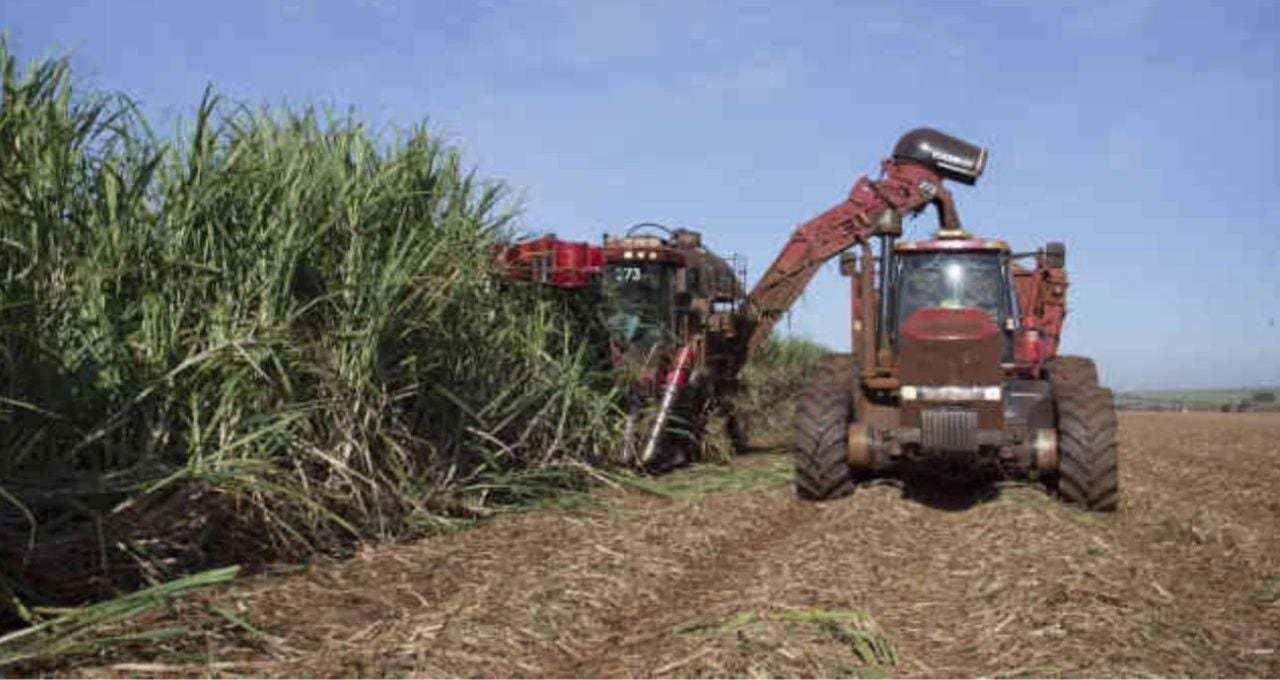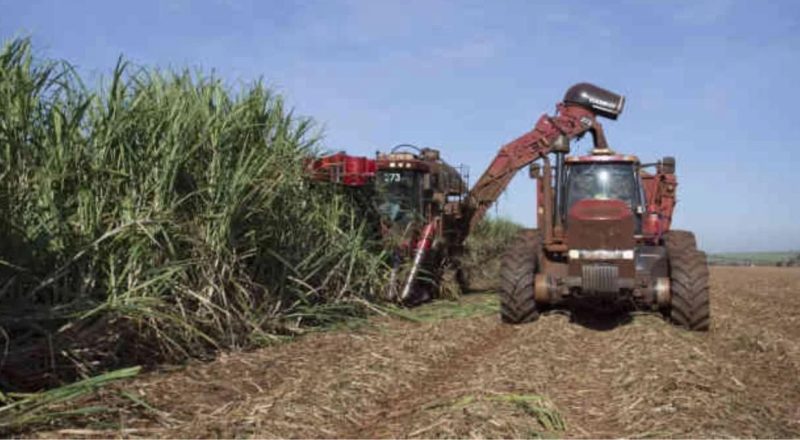
(Image: Linkedin/São Martinho)
A Saint Martin (SMTO3) had its target price reduced from R$40 to R$38 (potential upside of 45% compared to yesterday's closing, 17, at R$26.08) by BTG Pactual. The bank, which maintains its buy recommendation, sees the company as a quality company, exposed to sugar, one of the few agricultural commodities for which analysts maintain a structurally optimistic outlook for prices.
The institution believes that the ethanol acts as a favorable catalyst in the short term, potentially driving upward earnings revisions. At the stock's current levels, the risk of further declines appears limited, making the risk-reward ratio quite attractive.
“While the stock isn’t exactly cheap, currently trading at a yield With a 10% cash flow yield for 2026, it remains a solid choice for long-term investors seeking stable options. For those with a short-term perspective, the ethanol price catalyst may become more impactful closer to the end of the year. We believe the recent decline in the stock price offers an attractive entry opportunity based on the valuation“, explain Thiago Duarte, Pedro Soares, Guilherme Guttilla and Bruno Lima.
The ethanol market momentum for SMTO3
By July, ethanol consumption in Brazil in 2024 had already reached 19.0 billion liters, with 2.8 billion consumed in July alone. If this pace continues, total ethanol demand in 2024 could reach 33 billion liters, while BTG expects total supply to be around 31 billion liters.
This supply-demand gap suggests that prices need to rise to contain demand and balance the market. Ethanol prices have already risen 27% year-to-date, but strong demand suggests there is potential for further increases. Currently, price parity at the pumps in São Paulo is at 66%, below the 70% rule.
This is the time of year when sugarcane crushing is at its peak, leading to high ethanol production and high inventory levels. In addition, recent fires in São Paulo and other sugarcane growing areas have accelerated the pace of crushing.
“It is challenging to estimate exactly when ethanol prices will rise further, but São Martinho is well-positioned to benefit from this trend. The company is expected to produce around 1.1 billion liters of ethanol this year. Each R$0.10/liter increase in the price of ethanol could result in an increase of R$110 million in revenue and R$80 million in EBITDA,” they point out.
According to analysts, São Martinho adopted a more conservative stance compared to its peers, not significantly increasing its ethanol stocks in the first quarter of 2025. The company sold, according to BTG estimates, 21% of its total annual production during the quarter.
“While São Martinho could have taken a bit more risk to capitalize on higher ethanol prices, we respect its cautious strategy, especially in a sector where ethanol prices are closely tied to the unpredictable dynamics of gasoline prices – particularly in Brazil, where both Brent prices and Petrobras shares must be considered.”
